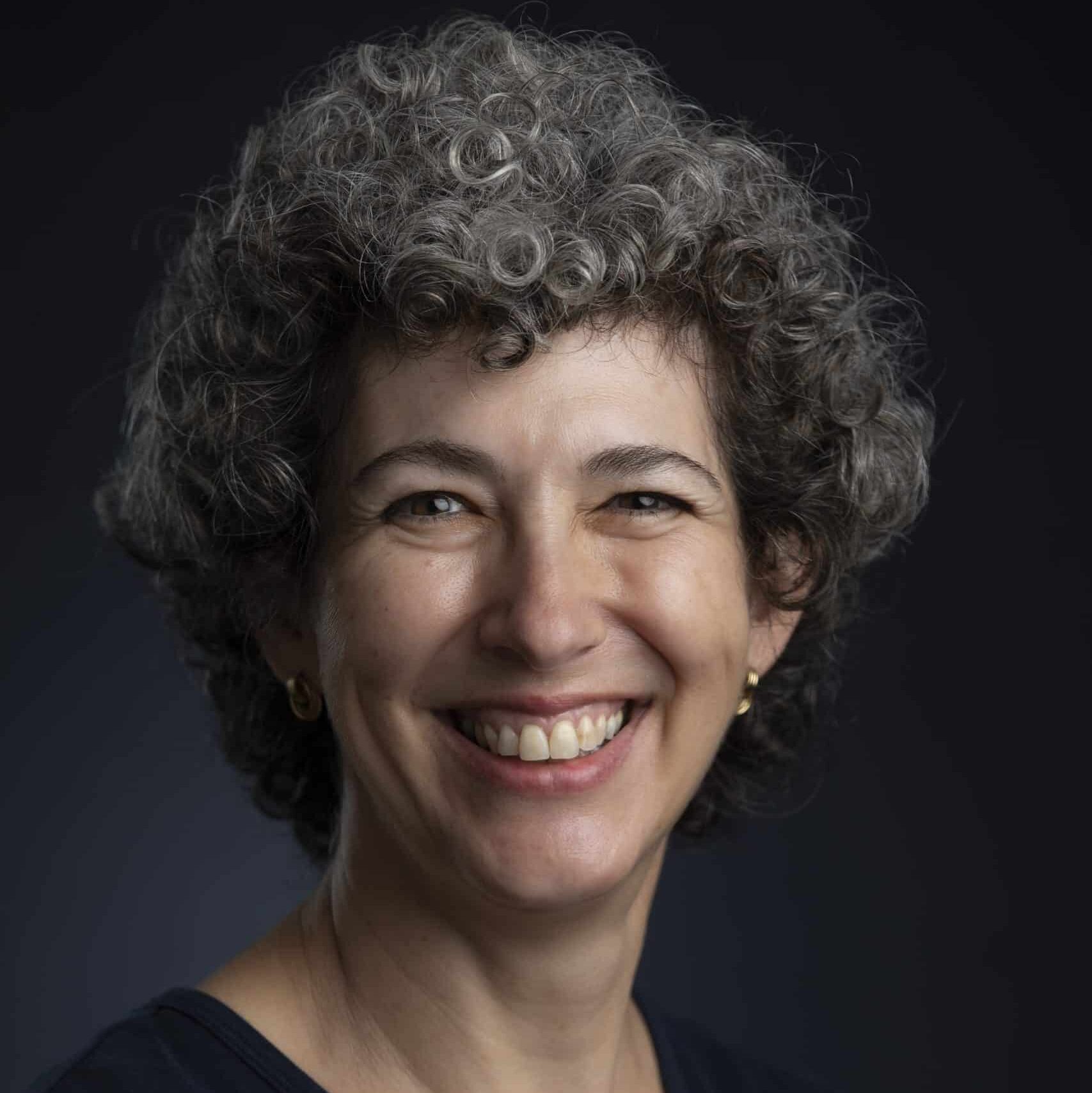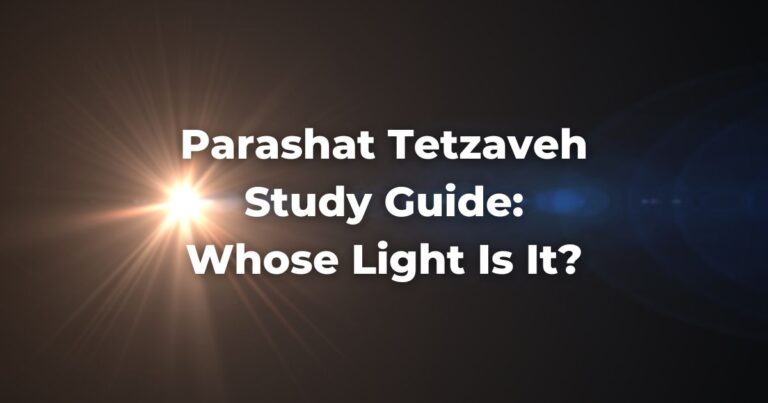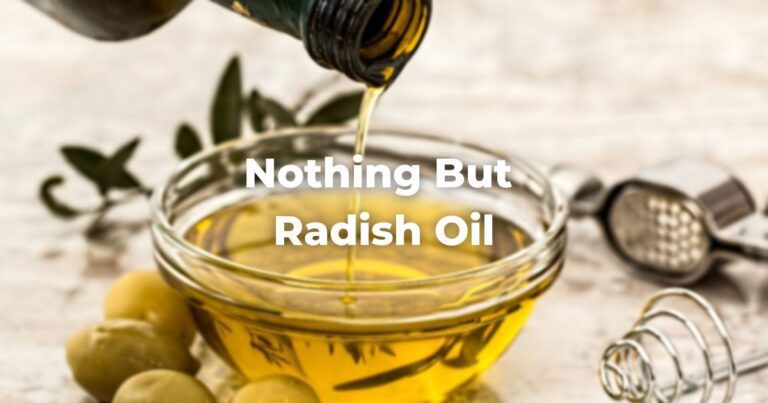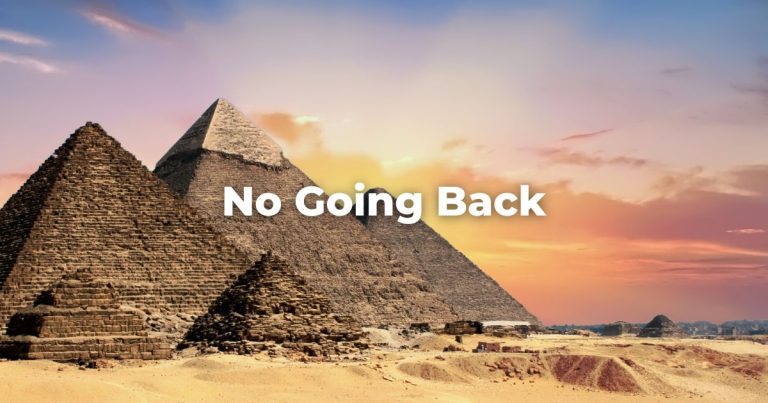Parashat Vayetzei Study Guide
Background: Marriage involved certain transactions. The groom gave the bride’s family the bride’s-price, and the bride’s family gave her a dowery as her possessions to bring to the marriage.
Text: Bereshit 31:3-16
3 And the LORD said to Jacob, “Return to the land of your fathers and to your place of birth, and I will be with you.” 4 And Jacob sent and called Rachel and Leah to the field, to his flock, 5 and said to them, “I see your father’s countenance, that it is not toward me as before; but the God of my father has been with me. 6And you know that with all my might I have served your father. 7 Yet your father has deceived me and changed my wages ten times, but God did not allow him to hurt me… 11…the Angel of God spoke to me in a dream “…Now arise, get out of this land, and return to the land of your birth.”… 14 And Rachel and Leah answered and said to him, “Is there still any portion or inheritance for us in our father’s house? 15 Are we not considered strangers by him? For he has sold us, and also completely consumed our silver. 16 For all the riches which God has set apart from our father are ours and our children’s; now then, whatever God has said to you, do it.”
- Compare what God tells Jacob in verse 3 to what Jacob tells Rachel and Leah. Why do you think that he presents the case as he does?
- What might be the reason that Jacob asks Rachel and Leah to come out to the field to hear what he has to say?
- Why do you think that Jacob stresses to Rachel and Leah that he had served their father faithfully?
- Having to choose between loyalty to their birth family or to their marriage, what do Rachel and Leah choose and why? Was there any doubt? Try to find support in the text for your opinion. What might have convinced a woman to remain loyal to her father, or to feel greater loyalty to her husband?
Commentary: Ibn Ezra on Bereshit 31:15
For he has sold us – It is as if he sold us in that he did not do with us what a father normally does with his daughters. What he did was to say to you, “Guard my flock and take my daughters as your pay.”
- What in Lavan’s behavior caused his daughters to feel that they were treated as property rather than as daughters?
- Jacob, Rachel, and Leah choose to leave while Lavan is away. Why do you think that they decide to sneak away without notifying Lavan?
See more: Parashat Vayetzei
Originally posted as part of the Conservative Yeshiva at the Fuchsberg Jerusalem Center’s Torah Sparks. Support TorahRefers to the first five books of the Hebrew Bible, the Tanakh, also called the Five Books of Moses, Pentateuch or the Hebrew equivalent, Humash. This is also called the Written Torah. The term may also refer to teachings that expound on Jewish tradition. Read more learning from the Fuchsberg Jerusalem Center/Conservative Yeshiva for leaders and seekers around the world here.
Authors
-

Vered Hollander-Goldfarb teaches Tanach and Medieval Commentators at the Conservative Yeshiva and is a regular contributor to Torah Sparks, FJC’s weekly message on the weekly Torah portion. She received her M.A. in Judaic Studies and Tanach from the Bernard Revel Graduate School of Yeshiva University and studied at Bar-Ilan University and the Jewish Theological Seminary. Before making aliyah, Vered taught at Ramaz School and Stern College in New York.
View all posts -



The Fuchsberg Jerusalem Center (FJC) is a home in the heart of Jerusalem where leaders and seekers can find an authentic place in Jewish tradition to call their own. FJC offers opportunities to study, pray and explore within an egalitarian and inclusive setting, creating multiple pathways for finding personal and communal meaning.
View all posts






